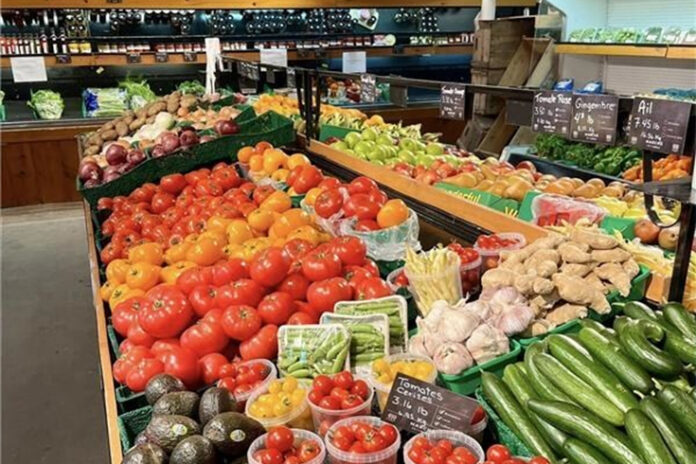
The journey of Petit Brûlé began with a personal vision: co-owners Marie-Pierre Gauthier and David Théorêt sought food self-sufficiency for their family. In 2019, this dream evolved into a full-fledged enterprise that now supports over 1,000 local families through weekly organic vegetable baskets.
Their model goes beyond traditional farming. By integrating direct-to-consumer sales, customisable produce baskets, and a permanent retail outlet, Marché Petit Brûlé has created a robust ecosystem that strengthens the local economy while reducing food miles. For industry players, this approach demonstrates how vertical integration and community engagement can lead to a resilient business model.
Meeting Market Needs, No Matter the Season
The decision to stay open year-round was not only a response to customer demand but also a strategic move to maximise infrastructure use and maintain market presence. According to Gauthier, the success of their summer season proved the viability of extending operations into the winter months.
By offering more than just produce—think maple products, ready-to-eat meals, and artisanal crafts—the market has diversified its revenue streams. This variety ensures steady foot traffic and underscores the importance of adding value to farm-fresh goods.
For industry professionals, the takeaway is clear: adaptability and diversification are essential for modern farms seeking year-round profitability.
A Model for Sustainable Farming
Petit Brûlé’s accomplishments are not just a business success story; they’re a blueprint for sustainable farming practices in northern climates. Their use of a controlled-environment agriculture (CEA) system combined with a direct-to-market strategy sets an example for how small and medium-sized farms can thrive despite external challenges such as weather variability and market competition.
Additionally, their focus on organic production speaks to shifting consumer preferences and regulatory trends. As more customers seek transparency and quality in their food, Petit Brûlé is well-positioned to meet these demands while inspiring others in the sector to follow suit.
Marché Petit Brûlé’s move to year-round operations signals more than just growth for one farm; it represents a shift in how the industry can approach local food production. By combining technology, sustainability, and community focus, they’ve demonstrated that even small farms can achieve scalability and influence regional food systems.
As the industry looks for ways to meet rising demands for sustainable agriculture, Marché Petit Brûlé offers a compelling case study.








